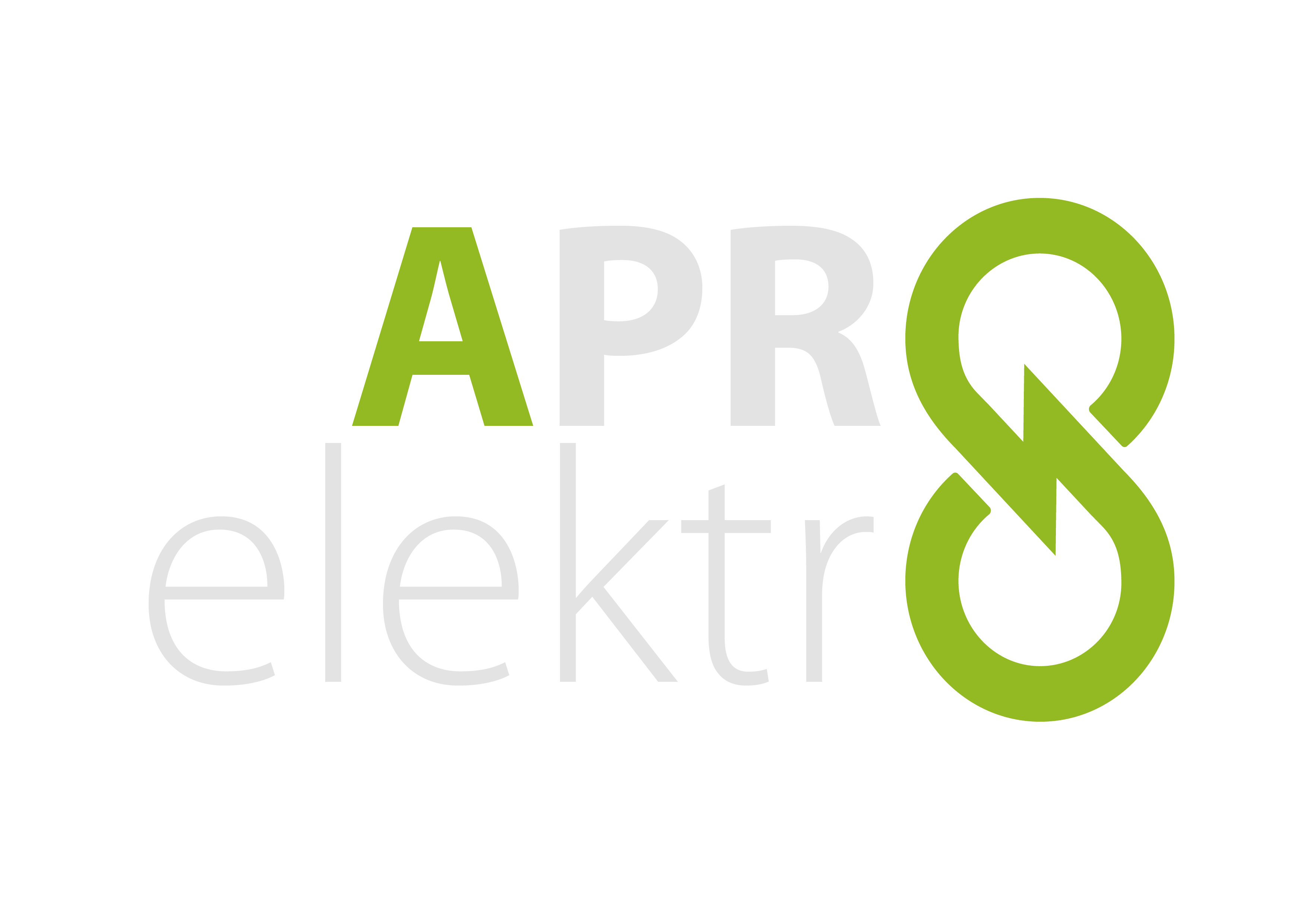Content
To benefit maximally from 12-Step programs it is necessary to attend meetings and engage in recovery activities, yet, as noted, meeting attendance and engagement may be limited, inconsistent, and sporadic. As such, there are opportunities to attempt to inform the substance abuser about the availability and potential benefits of 12-Step https://ecosoberhouse.com/ programs. The 2007 AA membership survey, for example, found that 39% of members reported that they were referred to AA by a health care professional (AA, 2008). In the process, there are some general principles and approaches to keep in mind and to guide the social worker or behavioral health professional in this process.
How do I regain my sense of control?
- Clarify your core values and beliefs.
- Identify internal vs.
- Create a vision.
- Believe that you can: Overcome limiting beliefs.
- Take personal responsibility.
- Let go of what you cannot control.
- Respond instead of reacting.
- Unpack emotional triggers.
I would often pray for God to just take me, as I would have welcomed death over the lifeless existence I was suffering through. With each morning sunbeam, I realized the disappointment of having to endure another day with the bottle. However, admitting you are powerless when it comes to overcoming your addiction does not mean you have lost your innate power in all things. Rather, it meant that you’ve exhausted the options immediately available to you, and are in need of some new strategies. MARR Addiction Treatment Centers specialize in treating individuals whose lives have been destroyed by addiction. Relying on 48 years of experience in the treatment industry, MARR identifies each individual’s underlying issues and uses clinically proven techniques to treat them.
“We admitted we were powerless over alcohol, that our lives had become unmanageable.” – Step One of the 12 Steps
The two loves of my life, thrust into a situation only the worst nightmares can offer. I made my intentions clear as I held a bottle of pills in my hand. Initially the drink gave me pseudo power when I never felt I was enough. Power to boldly walk in front of my peers; not filled with fear. Alcohol truly served as my personal wolf in sheep’s clothing. This magic elixir, a cure all for my plentiful emotional ailments.
It’s your responsibility to stay engaged in your recovery and work with your sponsor. It’s your responsibility to be open and willing to treatment and growth. And if you end up drinking or using once sober, you have to take responsibility for that too. You can’t blame it on powerlessness–that is, the complete inability to control your actions. AA is a recovery program for multiracial men and women who are suffering from an alcohol use disorder. Through companionship, mutual respect, and shared experiences, AA members come together to maintain abstinence from alcohol and build sober lives.
How to Maintain Long-Term Recovery From Addiction
Soon, however, these restless feelings come up and they are truly unmanageable. Frothy emotional appeal seldom suffices; family members cannot stop the feelings, gratitude lists, exercise. You name it, it will not stop this feeling of restlessness and discomfort from surfacing. With this spiritual malady comes restlessness, irritability, and discontentedness. These feelings are brought on after we wake up from a spree with many consequences and are ready to stop drinking or using for good.
Various factors have been proposed as to why youth may not affiliate as strongly with 12-Step programs. In spite of possible barriers for youth, several studies have found a significant relationship between greater AA/NA participation and improved alcohol and substance use outcomes (Kelly, Dow, Yeterian, & Kahler, 2010; Kelly et al., 2002; Kelly & Urbanoski, 2012). It is not difficult to overestimate the amount of control we have over our lives, particularly when addiction is involved.
What Does It Mean to Be Powerless?
In addition, AA, NA, and CA all have Internet-based “chat” rooms and online meetings that can be found easily by doing an online search (e.g., “online NA meetings”); these online resources are viewed as ways to supplement, not replace, attending meetings in person. The only requirement for membership in 12-Step groups is a desire to stop examples of powerlessness over alcohol drinking and/or using drugs. There is also a strong emphasis placed on service and helping other members get and stay clean and sober. There are a number of recently developed measures that can assist the practitioner in determining where the individual is in his or her readiness to engage in 12-Step groups (Cloud & Kingree, 2008).
We have to get away from speaking about rock bottom in terms of material losses. It is a small part of the pain felt by a substance user. Rock bottom is felt when you get to the point of overcoming your fear of the unknown and when the current situation becomes more fearful than the fear of not knowing what life will look like without drugs or alcohol. So, if we are in favour of Alanon’s program, is this group just a kind of Alanon group? While we do like some of their program, the fellowship and support that they provide, we fundamentally disagree with the central tenet of powerlessness. We not only believe that you can influence your drinker, we show you how that may be achieved through the Bottled-up program.
It is virtually impossible to habitually abuse alcohol and drugs without lying to and taking from other people. And once you take one step over the line, it becomes far too easy to keep on breaking your own moral code. Alcohol and drugs act as the kryptonite, Achilles heel, or fatal weakness, of every abnormal drinker and drug user.

